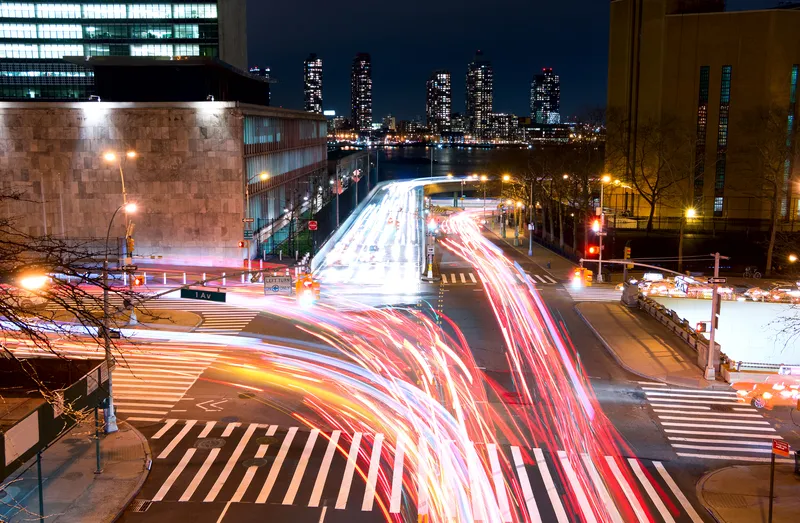Following the successful deployment of two Roadflow mobile bus lane enforcement systems, Bristol City Council in the UK has awarded technology specialist SEA (a Cohort plc company) a new Roadflow contract to install up to ten re-deployable Flexi bus lane enforcement systems in the city over the next three years. According to SEA, local bus operators, whose timetables are adversely affected by traffic congestion on city centre bus routes, have welcomed the use of Roadflow’s cutting edge technology, as it has
March 5, 2013
Read time: 2 mins

Following the successful deployment of two Roadflow mobile bus lane enforcement systems, Bristol City Council in the UK has awarded technology specialist 662 SEA (a Cohort plc company) a new Roadflow contract to install up to ten re-deployable Flexi bus lane enforcement systems in the city over the next three years.
According to SEA, local bus operators, whose timetables are adversely affected by traffic congestion on city centre bus routes, have welcomed the use of Roadflow’s cutting edge technology, as it has been proven to be more effective in enhancing the mobility, safety and efficiency of bus lanes over traditional methods.
Councillor Tim Kent, executive member for transport of Bristol City Council, said: “We are still catching too many people driving illegally in bus lanes and it’s impacting on bus reliability. People may think we like raising the money, but in fact we just need to persuade people to obey the rules. Fixed camera enforcement means that the camera will catch offenders every time. So if they have more sense than money they will stop doing it, and that’s all we ask. Our aim is to make zero pounds and zero pence from bus lane enforcement, and for everyone to do the right thing and stay on the right side of the line.”
Steve Hill, MD of SEA, said: “I am very pleased that SEA has been given the opportunity to support Bristol City Council with this important initiative and I am confident that the SEA Roadflow system will lower offence rates and minimise traffic disruption. Roadflow is already in use by a number of councils and local authorities throughout the UK, where it has successfully helped to increase safety, minimise traffic disruption and maximise operational efficiency.”
According to SEA, local bus operators, whose timetables are adversely affected by traffic congestion on city centre bus routes, have welcomed the use of Roadflow’s cutting edge technology, as it has been proven to be more effective in enhancing the mobility, safety and efficiency of bus lanes over traditional methods.
Councillor Tim Kent, executive member for transport of Bristol City Council, said: “We are still catching too many people driving illegally in bus lanes and it’s impacting on bus reliability. People may think we like raising the money, but in fact we just need to persuade people to obey the rules. Fixed camera enforcement means that the camera will catch offenders every time. So if they have more sense than money they will stop doing it, and that’s all we ask. Our aim is to make zero pounds and zero pence from bus lane enforcement, and for everyone to do the right thing and stay on the right side of the line.”
Steve Hill, MD of SEA, said: “I am very pleased that SEA has been given the opportunity to support Bristol City Council with this important initiative and I am confident that the SEA Roadflow system will lower offence rates and minimise traffic disruption. Roadflow is already in use by a number of councils and local authorities throughout the UK, where it has successfully helped to increase safety, minimise traffic disruption and maximise operational efficiency.”










